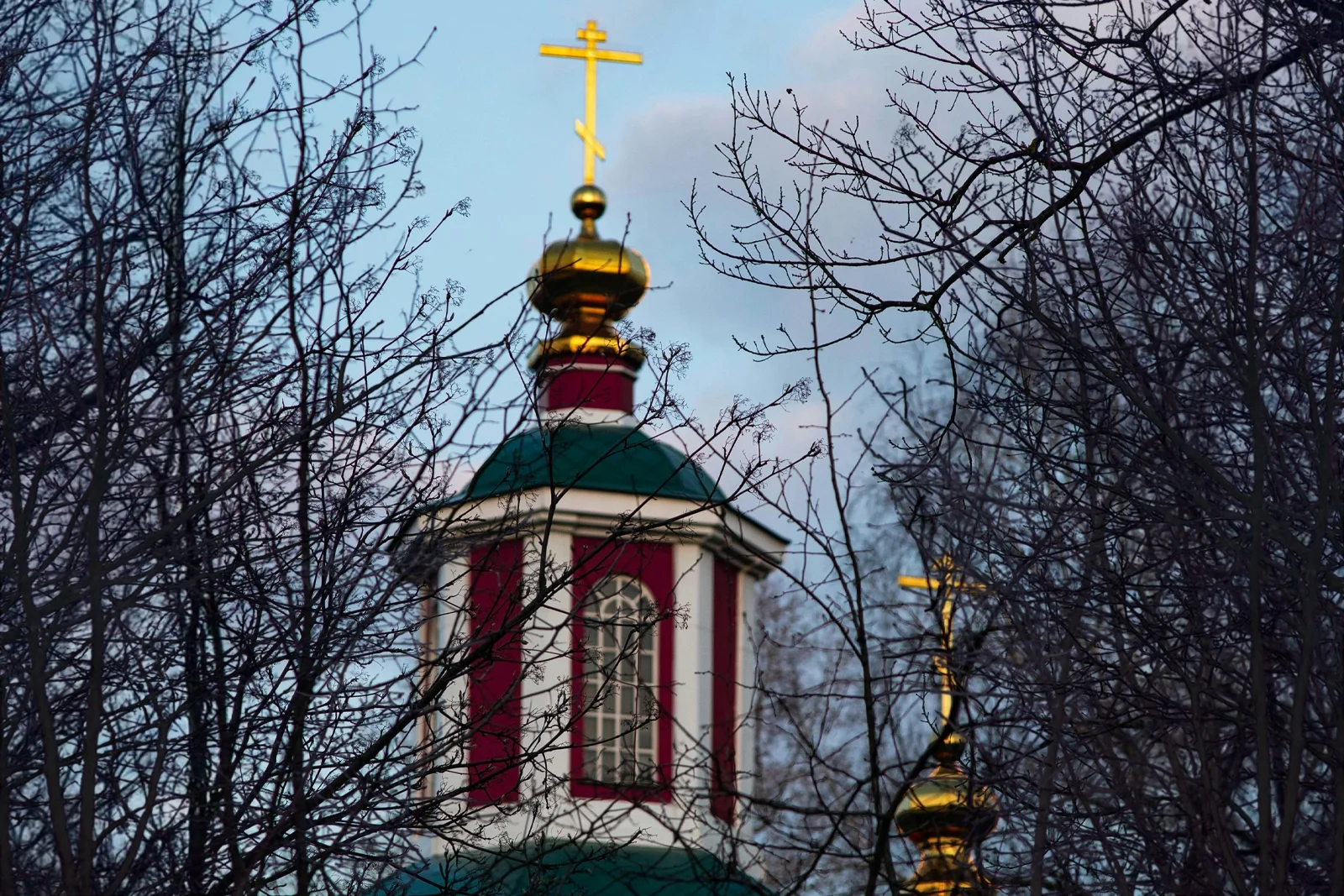
Culture
Why Survivors Say the Templeton Prize Got Bartholomew Wrong
The John Templeton Foundation’s decision to award its 2025 Prize to Bartholomew I of Constantinople, the current Ecumenical Patriarch of Constantinople, has reopened a wound that many Orthodox survivors say never properly healed. They credit the patriarch’s long record of environmental stewardship. What they cannot forgive, they argue, is his silence on clergy sexual abuse—and the absence of meaningful accountability across Orthodox jurisdictions.
Over the past six months, survivors and advocates sent individual letters to Templeton leadership acknowledging Bartholomew’s “green patriarch” reputation while urging the foundation to grapple with what they describe as a glaring omission: a failure to speak forthrightly about abuse, including cases they have raised directly with him.
“I have repeatedly written to Ecumenical Patriarch Bartholomew—as the highest spiritual authority in the Orthodox Church—imploring him to acknowledge and respond to the suffering of the victims and take action,” wrote Bojan Jovanović, General Secretary of the Union of Christians of Croatia. “To this day, no response has ever been received.”
“Every institution that claims moral leadership must prove it where it matters most: protecting people,” added Sally Zakhari, Executive Director of Coptic Survivor. “There is no lasting climate justice without justice for survivors—safety is the first duty.”
The letter-writing campaign began in April, shortly after the prize announcement. Correspondents—survivors and advocates alike—documented repeated appeals to the Ecumenical Patriarch to address clergy-perpetrated sexual abuse. Collectively, they asked Templeton to recognize how its celebration of Bartholomew reverberates among those still seeking recognition and redress.
The Prize and Its Complications
Templeton’s laureate roster pairs scientific luminaries and humanitarians—such as Francis Collins and Jane Goodall—with figures whose legacies have since been shadowed by misconduct. Jean Vanier, the L’Arche founder, was posthumously found to have sexually abused and manipulated multiple women over decades, including assistants and nuns, according to an independent report. Former Dominican priest and evolutionary biologist Francisco Ayala faced sexual harassment allegations. Templeton has updated its website to say it was “appalled and saddened” by the findings in Vanier’s case and has noted the accusations involving Ayala.
For advocates, that history underscores a simple point: moral leadership cannot be compartmentalized. “There can be no true climate justice without social justice. The environment includes human beings,” says neuroscientist and Prosopon Healing co-founder Hermina Nedelescu. “It is deeply troubling that Patriarch Bartholomew is celebrated for his environmental leadership while disregarding the men, women, and children who experience clergy-perpetrated sexual abuse and endure trauma under his spiritual authority.”
Prosopon Healing has assembled a public database of reported abuse in Orthodoxy, modeled after the Academic Sexual Misconduct Database and building on Pokrov.org’s earlier work. Even so, the picture remains partial: to the group’s knowledge, no Orthodox jurisdiction publishes comprehensive, verified lists of credibly accused clergy. By contrast, many Roman Catholic dioceses in the United States now do so as a baseline step toward transparency.
Melanie Sakoda, president of the board of Coptic Survivor, echoed the concern in her own letter: “I believe awarding the Templeton Prize to a leader who has failed to speak out on this crucial issue was extremely short-sighted of the Foundation. To me, it calls into question Templeton’s moral credibility when it ignores the plight of victims who are still waiting to receive both help and justice.”
The Inward Test of Outward Witness
Christian institutions have long confronted the tension between public witness and internal reckoning. Templeton’s own press release highlighted Bartholomew’s collaboration with Pope Francis and the former Archbishop of Canterbury, Justin Welby, on a joint message urging care for creation. Yet survivors note the cognitive dissonance: outward leadership on planetary ethics paired with quietude regarding the church’s internal harms. (As they point out, other Communions have faced their own reckonings, including high-profile departures tied to mishandled abuse complaints.)
Advocates do not pretend that Bartholomew can command a single, uniform policy across Orthodoxy. The Patriarch of Constantinople is “first among equals” in a decentralized communion whose jurisdictions enjoy broad self-governance. But they insist that his voice still carries decisive moral weight. Even a public call to confront abuse, they argue, would signal that denial and minimization are no longer acceptable.
One basic step, they say, is to face the scope of the problem openly. Among the Orthodox faithful, a common misconception persists: that because priests marry, child sexual abuse is rare. Experts counter that most child sexual abuse is committed by men who are otherwise in adult relationships. Dismantling myths is part of protecting both children and adults.
“Support from the Ecumenical Patriarch, rather than silence, could help complete this picture,” Sakoda wrote. “It is shameful that Patriarch Bartholomew has used his voice to champion environmental issues, where his power is limited, but has remained silent on clergy sexual abuse within Orthodoxy—where his views could be a beacon for reform.”
What Survivors Are Asking For
The coalition’s requests are concrete and, they argue, achievable: a clear public statement acknowledging clergy-perpetrated abuse, a safe and independent venue for reporting and investigating allegations, and transparent, credible accountability measures. These steps do not require a papal-style central authority; they require leadership.
Advocates acknowledge that a 2020 document from a special commission of Orthodox scholars—appointed by Bartholomew—nodded to the reality of abuse in Orthodox communities. But the report, they say, stopped short of naming clergy-perpetrated abuse directly and ignored the widespread problem of adult victims. For those who have reached out personally—among them John Metsopoulos, Dr. Nedelescu’s husband, Kevin Hunt, and the aforementioned Jovanović—the silence has been especially searing.
Hence, their renewed appeal to Templeton: recognize the suffering of Orthodox survivors and the costs of celebrating a leader who has not yet publicly met this moment. An anonymous survivor put it plainly in a letter to the foundation: “I do not ask for vengeance. I ask for recognition. By listening to survivors, the John Templeton Foundation has the opportunity to send a powerful message: that true greatness includes honesty, justice, and protection of the vulnerable.”
Editor’s note: This article reflects correspondence from survivors and advocates who argue that moral authority on global challenges must be matched by accountability at home. Environmental stewardship and survivor justice, they insist, are not competing causes—they are indivisible.
